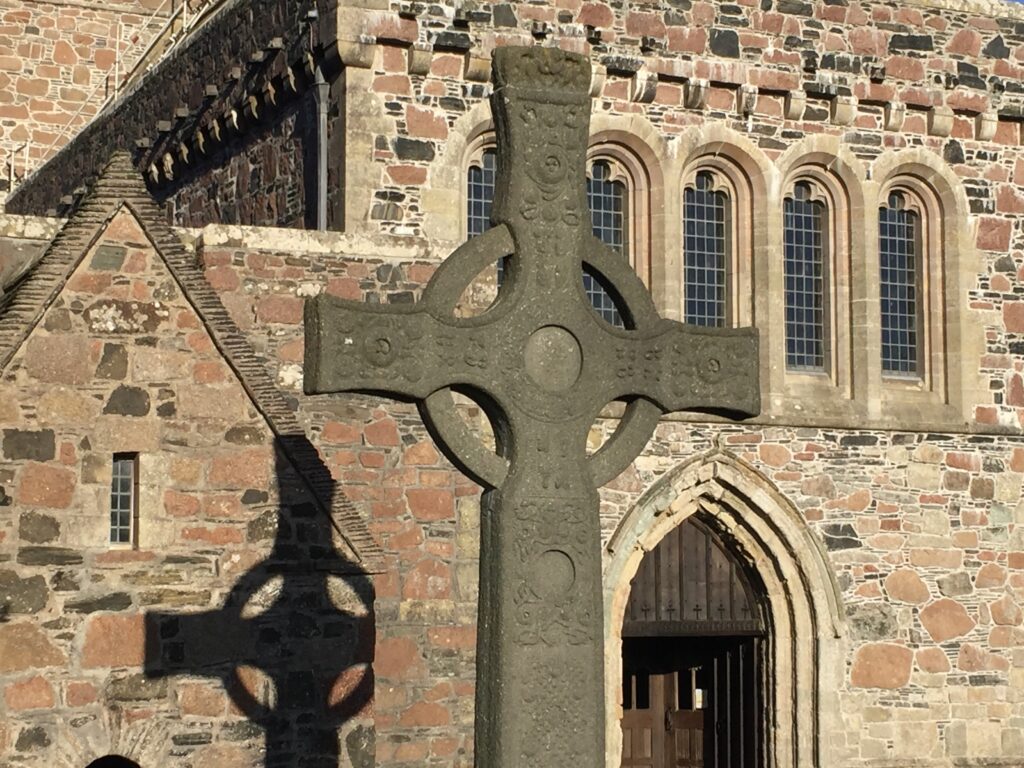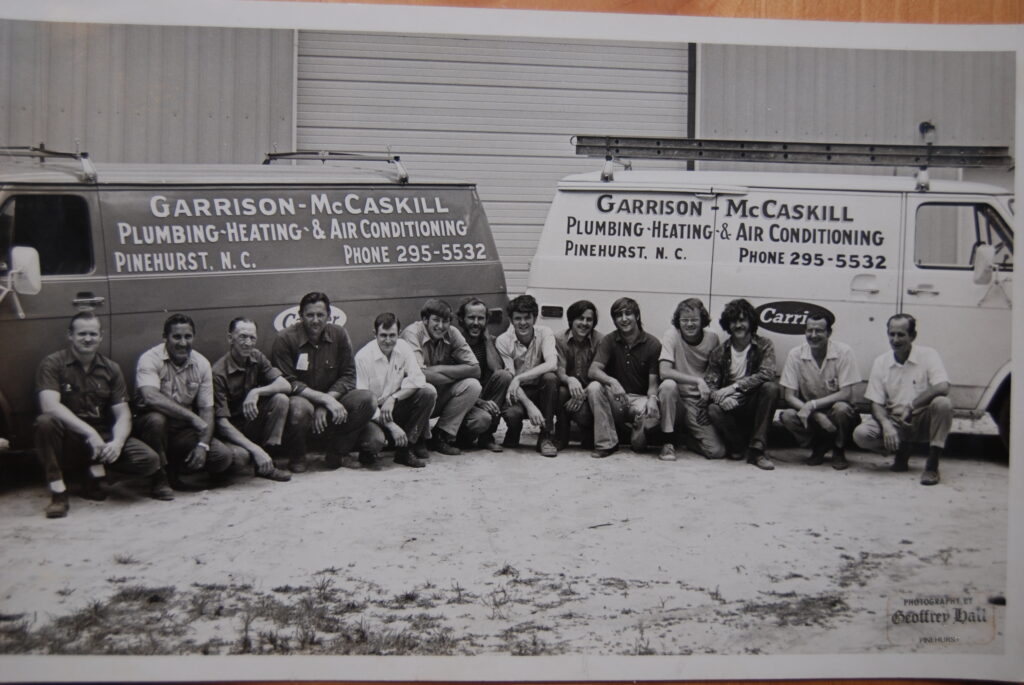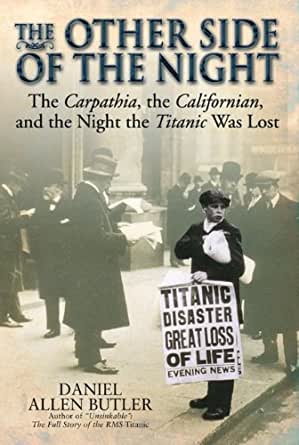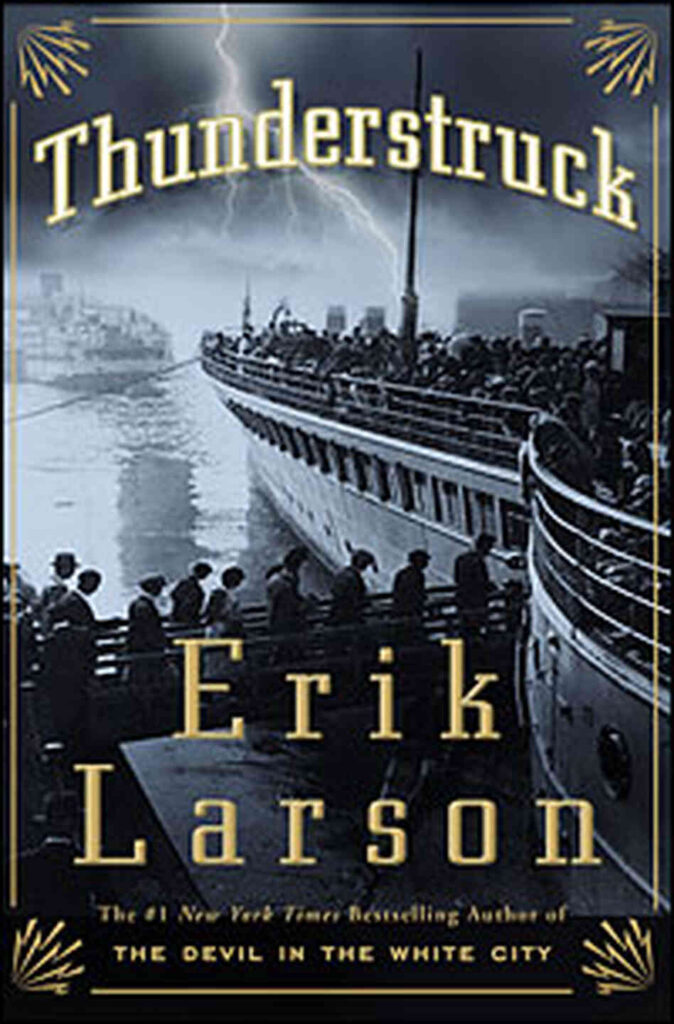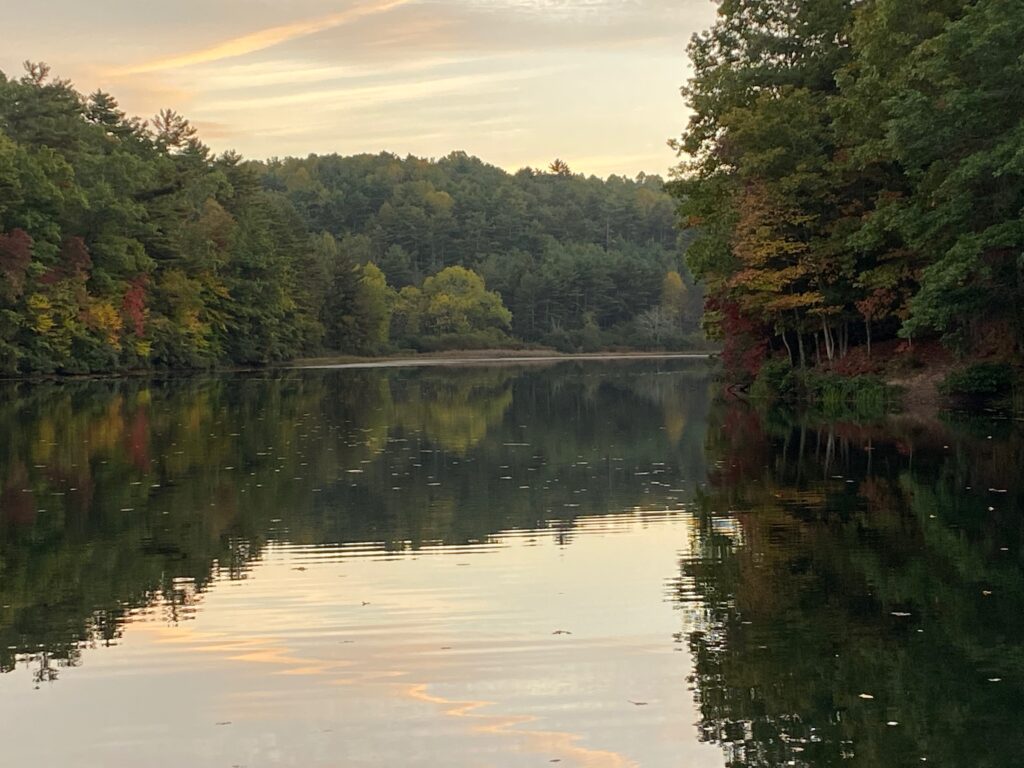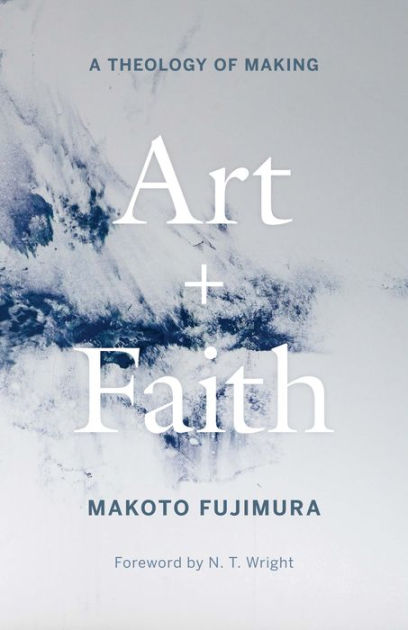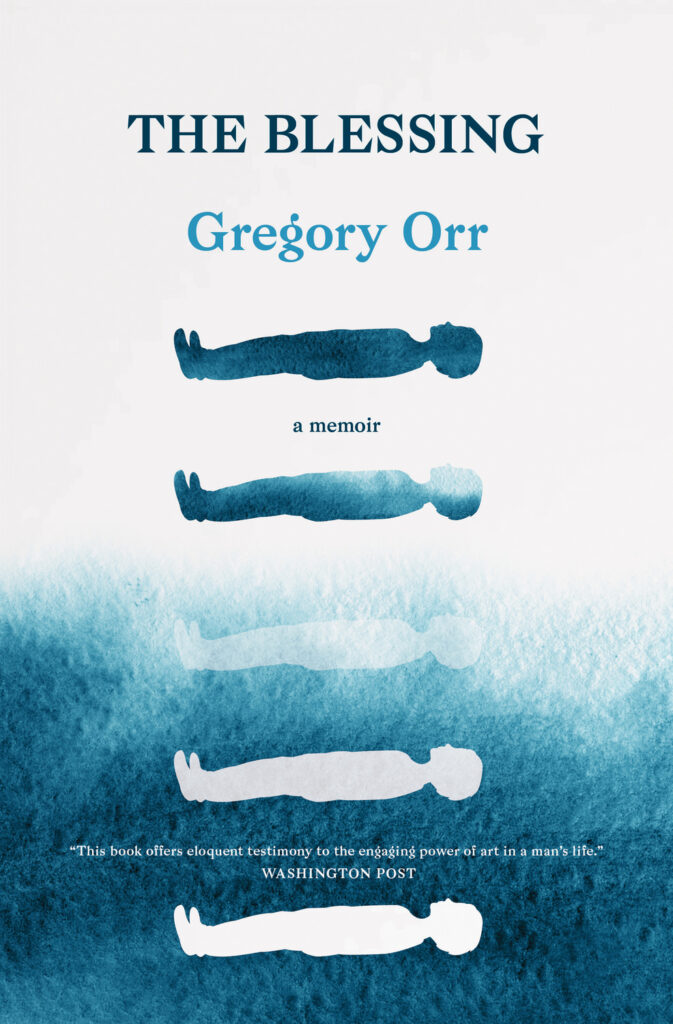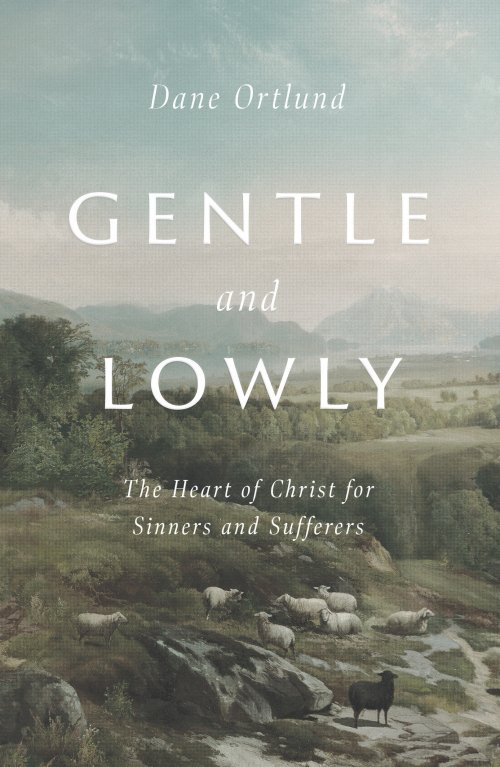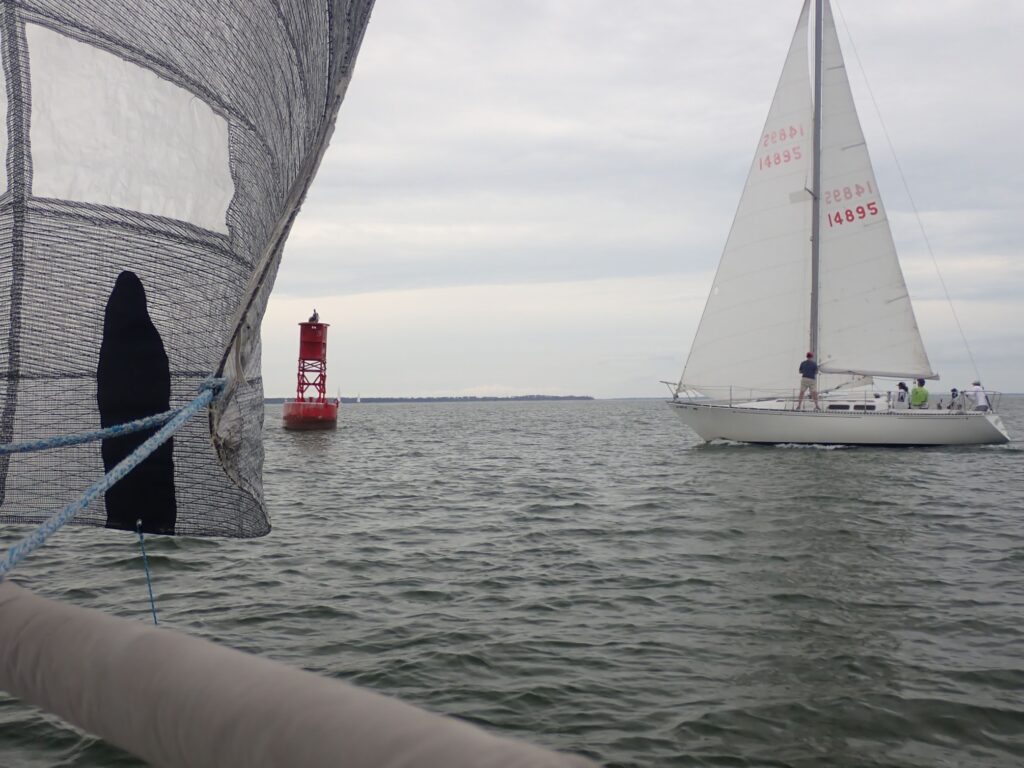I recently read Heretical Fictions, which I am reviewing here. I am also reposting another review that I wrote seven years ago on Mark Twain and Orion Clemens, which looked at the relationship between Twain and his older brother. That review will enlighten us on the first review. I hope to soon find a way to post an article I wrote for the Nevada Historical Society Quarterly in the 1990s. “Of Humor, Deaths, and Ministers: The Comstock of Mark Twain” is about Twain’s relationship to clergy when he lived in Nevada in the early 1860s. While I could post it through individual images (PDFs), I would like to find my original copy so that the document could be searchable. Now, for my two reviews:
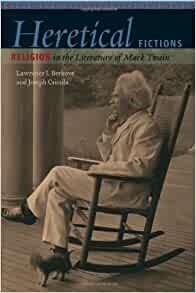
Lawrence I. Berkove and Joseph Csicsila, Heretical Fictions: Religion in the Literature of Mark Twain (Iowa City, IA: University of Iowa Press, 2010), 271 pages including index, bibliography, and endnotes. No photos.
Edgar Lee Masters once said, “Twain threw out the Bible, but it seemed to be attached with a rubber band and was likely to bounce back in his lap at any time.” One finds constant allusions to Biblical stories in Twain’s writings. Perhaps, instead of trying to free himself from the Bible, Twain really wanted to free himself from the harsh Calvinism of his youth. But, as with the Bible, his faith kept bouncing back into his lap.
Berkove and Csicsila challenges an older understanding of Twain. Many still see him as a humorist who became a bitter agnostic in his later years. Instead, these scholars explore a thread running through Twains work which displays his constant battle with the Calvinism of his youth. From his childhood faith, Twain continued to believe in God, and accepted two of the three major Calvinist views of God. Twain understood God to be omnipotent and omniscient. Where he departs from the Calvinism of his youth is that he didn’t accept the idea of a benevolent God.
Twain develops a “counter theology” which the authors highlight in nine points:
- God is omnipotent, omniscient, and malevolent.
- Existence is a fleeting and transient, a dream within the mind of God making the world unreal and an illusion (this comes out especially in No. 44: The Mysterious Stranger and influenced by the writings of William James).
- The consequence of original sin is God’s “Primal Curse.” Humans are enabled to do wrong.
- Humanity is not just flawed by original sin. We are corrupted by it.
- Virtuous deeds cannot save us for the balance sheet between our good and bad deeds are always going to be stacked against us.
- Everything is predestined.
- Most of humanity are reprobates, predestined for eternal punishment.
- Because God is perfect, there is no possibility God will change his mind.
- Conscience is from God, but affected by religious instruction and warns us when going astray.
While Twain accepts these principles, he views them as “arbitrary, unfair, deceptive, and cruel.” (see pages 15-17)
To make their case, the authors examine five of Twain’s novels (Roughing It, The Adventures of Tom Sawyer, Adventures of Huckleberry Finn, A Connecticut Yankee in King Arthur’s Court, and No. 44, The Mysterious Stranger) along with several of Twain’s shorter writings in his last decade.
I have read all the novels but one (most of these novels I’ve read several times). I’ve also read many of the reviewed short stories. I confess that the chapter on No. 44: The Mysterious Stanger, was the most difficult for me which had to do with having not read that book and not having a frame of reference.
In Roughing It, the book of which I probably know best of Twain’s writings because of my own work on the role of the church in Nevada during the 19th Century, Twain explores the concept of getting rich without working hard (a desire that he humorously relates to in his own life). We’ve been cursed since the garden to toil for our bread, but we don’t like it! Although Twain wants his readers to laugh and enjoy the book, he layers them such that they each explore a different theme. Tom Sawyer attempts to find freedom before deciding to become a respectable part of society, but is that society respectable and pure? Huckleberry Finn and Jim, long for freedom, only to learn it’s not obtainable. Hank Monk in A Connecticut Yankee, explores things such as get rich schemes within the stock market (something Twain had seen in Nevada). Other themes include pride (Monk’s knowledge of the future allows him to become God-like in the ancient world), and human damnation (people act the same back then as in the 19th Century, look out for themselves). Twain cleverly uses an allusion to a card game throughout the story, but in the end the reader learns it’s all a dream. This dream motif occurs in many of Twain’s later stories which the authors link to Twain’s study of the writings of William James.
While Berkove and Csicsila stick to Twain’s work and his theology to make their points, I found myself often wondering about events in Twain’s own life. The tragedies he experienced from the death of his younger brother Henry on a steamboat that blew up on the Mississippi (an event Twain felt somewhat responsible for), the death of his niece in Nevada from Rocky Mountain Spotted Fever, and the deaths of some of his own children and his wife, all haunted the author. I wondered if some of Twain’s more cynical writings about God might be his attempt at a lament as seen in the Psalms. In such writings, the author of the Psalms becomes angry with God, but never abandons God. Another life event would be Twain’s relationship to his brother. Early on, Orion was far more religious than Twain, even serving as an Elder for the Presbyterian Church in Carson City and helping organize a church in the mining camp of Meadows Lake, California. However, after his daughter’s death and other hardships, he gave up religion and became an atheist.
I appreciate how Berkove and Csicsila have highlighted Twain’s lifelong interest in God and theology. While I enjoyed this book, I would only recommend it to those familiar with a large body of Twain’s writings.
###
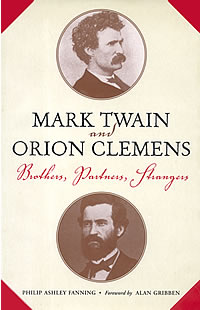
Philip Ashley Fanning, Mark Twain and Orion Clemens: Brothers, Partners, Strangers (Tuscaloosa, AL: University of Alabama, 2003), 268 pages, no photos or maps
In much of Mark Twain’s writings, his older brother Orion comes across as a bumbling idiot. Was he? Orion led and supported the Clemens family from an early age when their father died. He also held a responsible position in the Nevada Territory, the territorial secretary, a political appointment he earned for his support of the Republican Party in the 1860 election. Like his younger brother, who became Mark Twain, Orion desired wealth, but he was known to be a man of principle and stuck to his principles even when they led to financial shortcomings and failures. Philip Ashely Fanning examines the relationship between these two brothers, who were similar in some ways, yet very different.
Orion was ten years older than Samuel Clemens, so when their father died, he became the patriarch of the family. He worked in various positions along the towns of the Mississippi, as a newspaper man, a printer and occasionally as an attorney. At a young age when Sam quit school, he went to work for his brother. This arrangement didn’t work well. One of the stories told is that Orion decided there were too many stray cats hanging around the print shop and had Sam collect them in a sack and drown them, something that bothered the younger brother who always had a soft spot for cats. In 1852, Sam quits and heads out on a trip though New York, Philadelphia and Washington DC, funded by working in various print shops and newspapers along the way. He occasionally wrote articles that appeared in his brother’s newspaper. During this time, Orion broke with the family and became convinced that slavery was evil. This led to him becoming a Republican and working for the party in the 1860 election of Abraham Lincoln.
Coming back from his trip east, Samuel Clemens continues to work in print shops and for newspapers, until he concocts a plan to go to South America. On his way down the Mississippi, to New Orleans, he changes direction and accepts an offer to “learn the river.” In 1858, Sam became a riverboat pilot, an occupation that paid more than the Vice President of the United States. At this stage, the younger Clemens usurps his other brother’s position as the family patriarch. After the Republican victory in 1860 and the beginning of the Civil War, their role reverses with Orion being offered a political position in Nevada as Sam finds him out of work. The two of them head west, with Sam bankrolling the trip from his savings. Later, when Sam (now known as Mark Twain) begins to write an account of his western adventures, he depends heavily on his brother’s journals to reconstruct (in a humorous manner) the stage trip across the country. This account was published in his second book, Roughing It. In Nevada, the brothers parted ways for a period. Twain’s practical jokes and attempts at humor created problems for his brother and sister-in-law. Sam headed to California and then to the Sandwich Islands (Hawaii) while Orion headed back to the Midwest.
Over the next couple of decades, Orion found himself having to depend on his younger brother’s generosity both for money and positions. Orion, who was always honest, finds himself excommunicated from his church after having expressed his beliefs. At Sam’s encouragement, he beings to write an autobiography. Sam begins to insist on rewrites as a way to protect his own self-constructed myth. Orion seems to have compiled, even though much of the autobiography has been lost (and may have been burned by Twain or lost by his biographer).
Fanning presents some interesting ideas concerning how Twain related to his older brother. He offers some interesting possibilities concerning the brothers’ father’s death, suggests that after Twain had thoughts about killing his brother, and that Orion’s time in Nevada was much more successful than Twain would later acknowledge (he was often the acting governor and as such helped settle a border dispute with California). He also demonstrates how the younger brother encouraged his older brother to go into the ministry, even though later in life Orion would find himself excommunicated because of his unorthodox beliefs
Although Fanning’s book raises a lot of questions concerning the two brother’s relationship, he also helps redeem Orion for the “bumbling idiot” characterization in which he’s often been portrayed. Unfortunately, due to loss of material (especially that which was written by Orion) and the inability to know what’s happening inside the mind of another, we will never be able to really know for sure if some of Fanning’s ideas are correct, but it is safe to assume that Orion needs to be assessed in a different light. This, Fanning does, while also showing how Twain, a wonderful author, had a mean streak and was not above throwing his brother under the bus in order to make himself look better.

